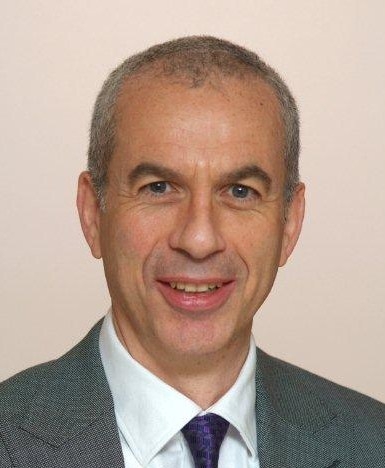How do you describe your job when you meet people at a party?
I’m a consultant to industry and I work with the private sector as opposed to the government/regulatory side of activity. I work on different projects with different companies within the area of pharmaceutical new product development
What is ‘cutting-edge’ about your work?
The field of regulatory affairs is characterized by change. I’ve seen a dramatic expansion in the types of products that are regulated as medicine. There are also new regulatory texts to read and understand whenever I switch on the computer
What are the biggest implications your work will/could have in the future?
My work contributes to bringing new medicine to patients and extending their longevity or quality of life. Areas I might be involved in include cardiovascular disorders, cancer, haematology, infectious diseases, and immunomodulators. I’m often called upon to help companies with medicines for rare diseases, especially when it comes to developing those products for children. Paediatrics has changed the landscape of the pharmaceutical industry. Historically, when a product is developed for adult use it’s not tested in children. But since 2007 the legislation requires companies to factor potential for use in children into a product’s development
Describe some of the highlights of your average day.
A lot of my clients are not in the UK and a lot of the companies I work for are smaller companies which ultimately get acquired by a larger pharmaceutical firm. However, people tend to keep their consultants if they can, and maintaining these relationships adds an extra dimension
Describe briefly how your career has progressed to date.
If the CSci qualification had been around years ago I probably would have taken a more direct career route! When I left university I did a PhD at the National Institute of Medical Research in the UK, then ten years of research as a post-doc in different academic centres in the U.S., UK and Singapore. I found I was dissatisfied that there wasn’t a product at the end of it – the only product was dumped in a library. I found an opportunity in a marketing services company. Their biggest sector of sales was naming products, with70% of sales contributed by inventing new brand names for pharmaceutical products. This is an interesting process involving creativity, linguistics, legal availability of names, and market research into how names are perceived. It involved a lot of cold calling and making new relationships with companies that had a need to develop an identity for a new drug. I was looking for commercial experience and it was a relief to get away from the science for a while. I felt that I was making up for lost time. Next, I jumped fence to one of their clients and started in sales for medical products. This was a role that I did for three different companies in different therapy areas. I learned how different products are brought on to a formulary and how different types of products (both drugs and devices) enter the supply of the NHS. From here, I made a transition into regulatory affairs. I did that for a contract research organization and then moved to a smaller company with more responsibility, which was subsequently acquired by a bigger one. Then I became an independent freelance consultant. Regulatory affairs helped bring my career full circle between sales and science. I can say I’ve worked in the commercial side of the industry which not many regulatory affairs professionals have done
How is your job cross-disciplinary?
Regulatory affairs tends to be an interdisciplinary profession. You have to be able to understand clinical investigations, manufacturing, and additional legal aspects that influence medicine
How well is your job compensated? What is the starting salary for your field, and how much can this be expected to rise?
Salaries are monitored across the regulatory affairs sector in salary surveys sponsored by, for example, TOPRA (The Organisation for Professionals in Regulatory Affairs). In companies compensation is related to experience and to current responsibility, the balance being specific to the firm and individual
How do you see your field developing over the next 5-10 years?
There is an increasingly broad diversity of medicines in development. The future (including how these diverse products will be dispensed in pharmacy) is going to be very interesting
What’s the most unexpected thing about your job?
What really surprises and delights me is when I get a call out of the blue about something that is interesting because people thousands of miles away have been talking and think I’m the best person to ask. They may be in California, or England, but when they’re far away it’s more remarkable. They’ve identified a particular independent consultant halfway around the world to help them with a product in development
What’s the biggest achievement of your career so far?
Becoming a freelance regulatory consultant
